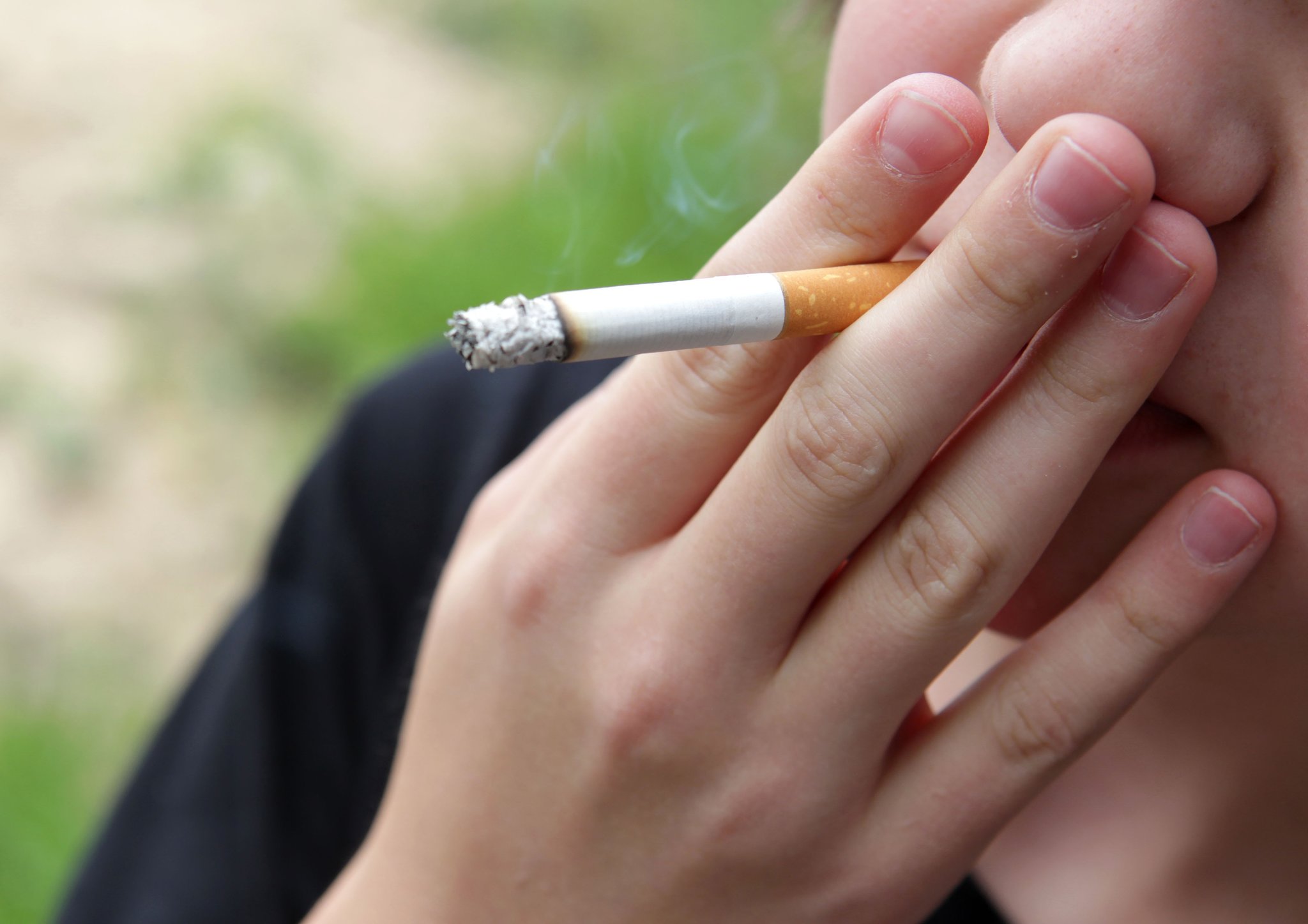Childhood Smoking : Increasing Drastically Amongst Children
Apr 19, 2022
A Small Child, Vast Aspirations and Dreams to conquer the world, numerous opportunities and A SINGLE PUFF…..Phew…
Smoking has always been a habit of the young college goers, low socioeconomic status individuals and aged people. Smoking and lung cancer is an age old debate and well known to all stratas of the society. Hazards of passive smoking or secondhand smoking are also well established. The problem with every bad habit or addiction is that it reveals its true colors in the most unlikely of the places, the Vulnerable Children. In the past 20 years tobacco consumption has increased drastically in children to a limit that in India alone we have 625,000 children smoke everyday(429,500 boys and 195,500 girls). More than 50,000 children are smoking their 1st puff each day we speak of.

Shocking truths in India alone
1. All the child smokers are aged between 10-14 years(as per Global Atlas Study).
2. 100 million (10 crores) people aged above 15 years smoke everyday.
3. Tobacco consumption alone claims 17,887 lives in India every week(most of these had began smoking before 18 years of age).
4. The economic cost of smoking in India is Rs 1,818,691 million(2 lakh crores approx).
5. Most schools in India (Rural as well as urban) have provisions for procuring cigarettes near the school itself(Young children are best targets as their minds are fragile and can be manipulated – lack of good counseling from parents)
Earlier tobacco consumption in children was strictly confined or well known in the poor but gradually there is a shift in the pattern and more and more children from the high societies are becoming chain smokers.
What predisposes a child to smoking?
Majority child smokers are seen from families where either of the parent are smokers. Family concerns(domestic violence, child abuse, disturbed families and deaths in the families) predisposes a child to chain smoking. Most of the children who succumb to this habit have history of a death in the family due to oral/throat/lung cancers. Advertisements, social media, movies and public figures are a yardstick which children embrace and often fall into the pit. Mental health and education plays a key role in surrendering to smoking. Availability is another factor truly responsible in India which favours child smokers as shops selling kids products like chips, chocolates and toffees are also seen selling tobacco due to poor enforcement of the laws.
What are the health concerns in a child smoker?
A child is at highest risk where smoking is concerned. Most of the child smokers are also exposed early to alcohol, premarital sex, teenage pregnancy, sexually transmitted diseases and drugs. Invariably these children start having a declining performance at school, get subjected to bad company and project violent behavior early on. Most of these children face serious mental heath issues.
How can we prevent a child from becoming a smoker?
- Promote a healthy and nourishing family environment. Child’s first heroes are their parents and they look up to them and their habits.
- Monitor the child’s screen time, be it internet, tablets, smart phones, TV, videos and movies – most children pick up smoking from watching drug abuse and violence.
- Keep a strict tab on the child’s expenditure – parents must be deeply concerned if the child is found stealing money or has increased daily pocket money expenses.
- Be concerned about sudden change in behavior of the child – this may be noticed by the parents or the teachers and should be considered as a red flag to altered behavior signs.
- Watch for cigarette butts thrown in and around the house or smell of smoke.
Smoking is a major health concerns and has the potential to destroy families and societies. Increases the risks for suicides in children and moreover the child grows up to be smoker and further predisposed to early strokes, cardiovascular diseases and cancers. It’s an addiction and hence difficult to get over on its own. Deaddiction of tobacco requires a dedicated multidisciplinary approach which includes a parents(most importantly), psychiatrist, psychologist and social worker. Awareness is the main key to getting rid of this dreadful habit and its nasty effects on Society today!!…









